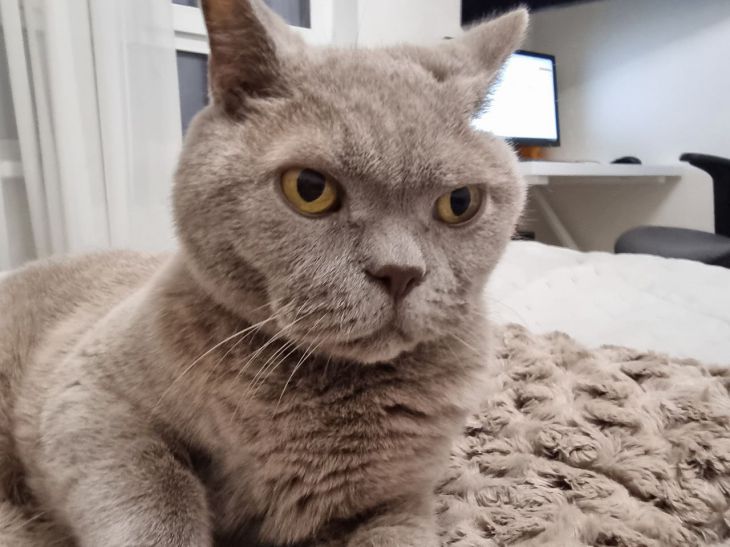A cat cannot fully digest plant foods such as pasta, which can be harmful to its health.
Pasta does not suit the cat's physiology
Pasta is a product made from flour, water and eggs, which contains a lot of carbohydrates. Carbohydrates are a source of energy for humans, but not for cats.
The cat has a short digestive system that cannot digest carbohydrates effectively.
The cat also has low levels of the enzyme amylase, which breaks down carbohydrates in the intestines. So if a cat eats pasta, it doesn't get any benefit from it, it only puts extra strain on its body.
Pasta can cause obesity and diabetes in cats
Pasta is a high-calorie food that can lead to overweight and obesity in cats.

Obesity is a serious problem that can lead to many diseases such as arthritis, heart, liver and kidney problems.
One of the most dangerous diseases that can cause obesity in a cat is diabetes.
Diabetes is a metabolic disorder in which a cat cannot regulate its blood sugar levels properly. Diabetes requires constant monitoring and treatment, otherwise the cat may die.
Pasta can cause allergies and food intolerances in cats
Pasta is a food that may contain allergens such as gluten.
Allergens are substances that cause an allergic reaction in a cat, which may include itching, rash, hair loss, swelling, vomiting, diarrhea, and other symptoms.
Allergies in cats can be life-threatening if you do not contact your veterinarian in time.
In addition to allergies, pasta can cause food intolerance in cats, which can result in an upset stomach, gas, and bloating.
A cat is an animal that needs proper and balanced nutrition that suits its physiology and needs.
A cat cannot eat pasta because it does not bring any benefit to it, but only harms its health. If you want to feed your cat pasta, then only if you do not value your pet.
Previously, we listed other unusual animals that you can keep at home.








